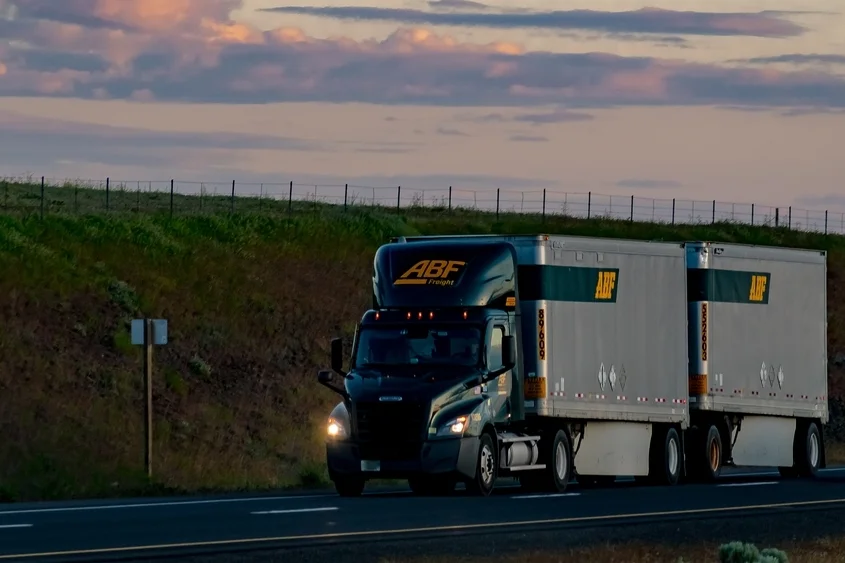Copyright The Associated Press

Vermont’s Beta Technologies made its debut in the public market on Tuesday, selling $1 billion in a high-demand stock offering that exceeded earlier predictions for its size and pricing. “The market responded incredibly well,” founding CEO Kyle Clark said in a press conference from the New York Stock Exchange on Tuesday following the company’s 34 million share offering at $34 a share. “It’s obviously a huge day for us down here.” Clark’s company indicated last month that it intended to offer just 25 million shares in a price range of between $27 and $33 each in its offering, but eventually issued more shares that started trading just above the projected price due to demand. When the stock market closed on Tuesday, Beta’s share price had increased about 6% to $36. Beta, which employs more than 800 people, filed for an initial public offering in late September. The company, which designs and manufactures electric aircraft, has raised over $1.5 billion in private investment and development contracts since its founding in 2017. Clark’s business also recently announced a $300 million equity investment from GE Aerospace, with whom Beta will work to advance hybrid flight technology. The company lost a U.S. Department of Energy grant earlier this month, as President Donald Trump’s administration sought to claw back funding from over 200 federally-assisted energy projects. In the context of Beta’s other contracts, the roughly $1.8 million grant was a relatively small loss, with Clark saying broadly on Tuesday that “we have seen little to no negative impact by any political party or movement.” Market reports estimate Beta’s market value is around $7.6 billion, with Tuesday’s influx of capital paving the way for “further commercialization,” according to Clark. As the founder, he will retain ownership of a small percentage of the company, with GE Aerospace and Amazon among the largest investors. Beta’s initial public offering comes in what Lynn Martin, President of the New York Stock Exchange, called a “really strong” moment for the U.S. IPO market last month. This positive outlook came despite a prolonged federal government shutdown that has left the U.S. Securities and Exchange Commission with limited staff. The company’s October filing with the SEC contained descriptions of the company’s future products, including several versions of the six-person “ALIA” electric aircraft. Beta is also developing a larger 19-passenger plane. The company opened a 188,500-square-foot production facility in South Burlington in 2023 and also runs a battery testing site in St. Albans. Clark said Tuesday that Beta’s consolidation of resources and engineering talent in Vermont has been key to the company’s success, and he plans to keep the company based in Vermont for the time being. “We’re still at a very nascent time of electric aviation, where the engineering and the technical brain trust has to be very close to the production,” Clark said. Beta is investing further in Vermont right now, he added, with the goal of increasing the company’s “vertical integration,” or control of each section of the supply chain. “We will hit a limit at some point,” Clark said of his operation’s footprint in the state. “We have to be a competitive business.” Clark said the company had been offered “hundreds of millions of dollars” to move its main operations to Texas, or Arkansas or elsewhere. “We decided to stay in Vermont for now,” he said. Chuck Davis, chair of Beta’s board of directors, said demand for the company’s shares far outstripped supply. Nonetheless, Clark said, the roughly 1,000 Vermonters who requested shares as part of the initial public offering process will receive them, in a gesture of good will toward “folks locally who have supported us as we expanded.” Davis, who grew up in Burlington, said Beta’s expansion has been hugely beneficial for the state through economic growth, job creation and technological innovation. “It’s the best thing to happen to Vermont since the chair lift,” he said. ___



